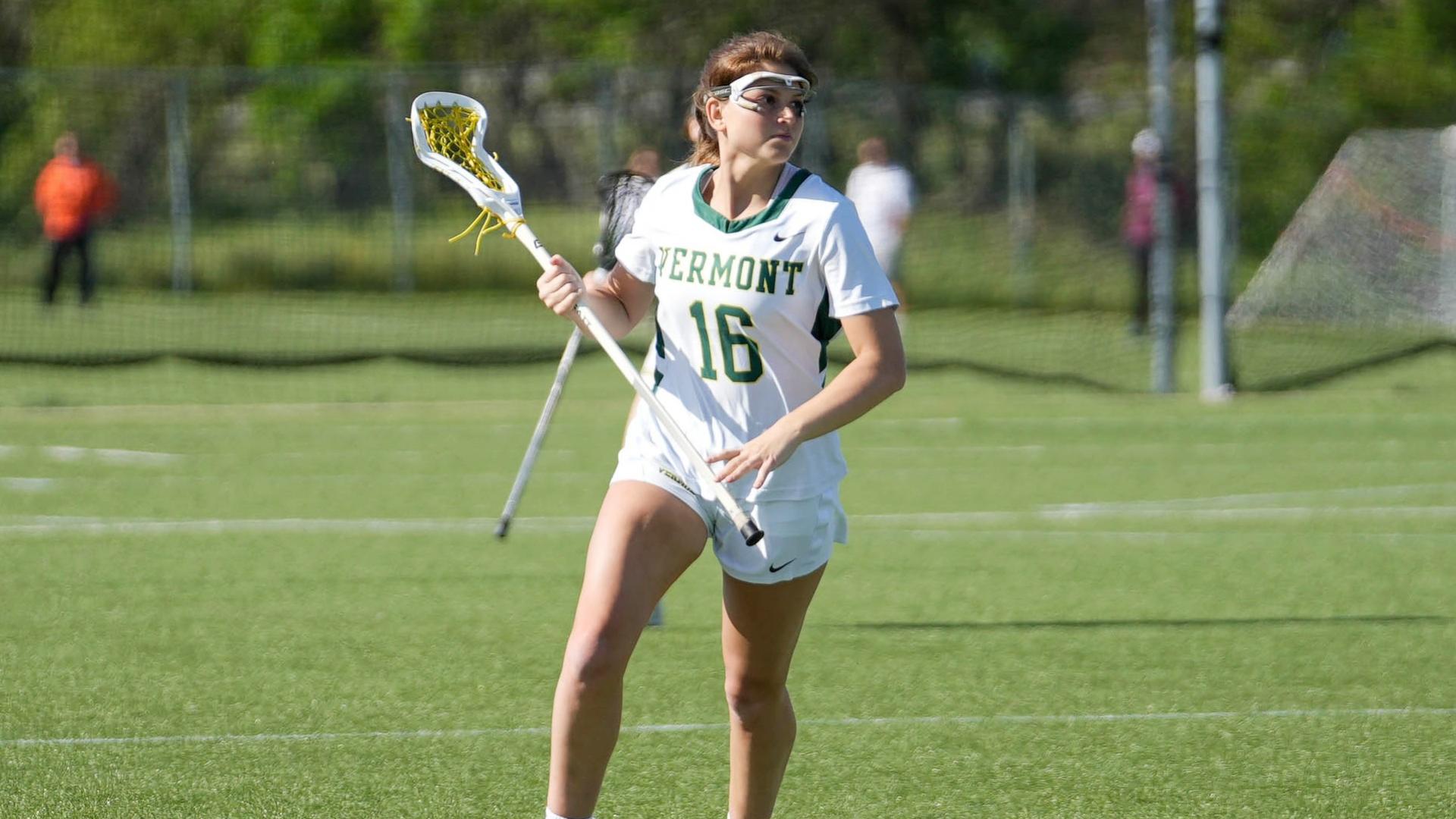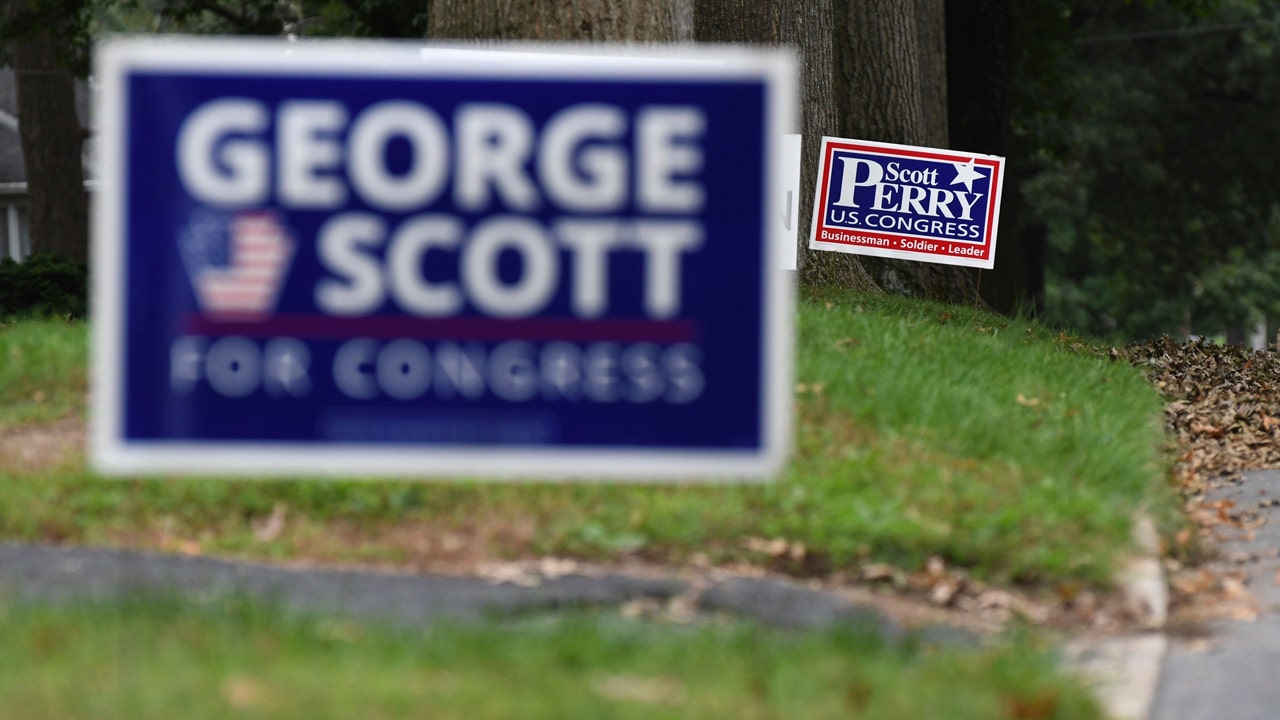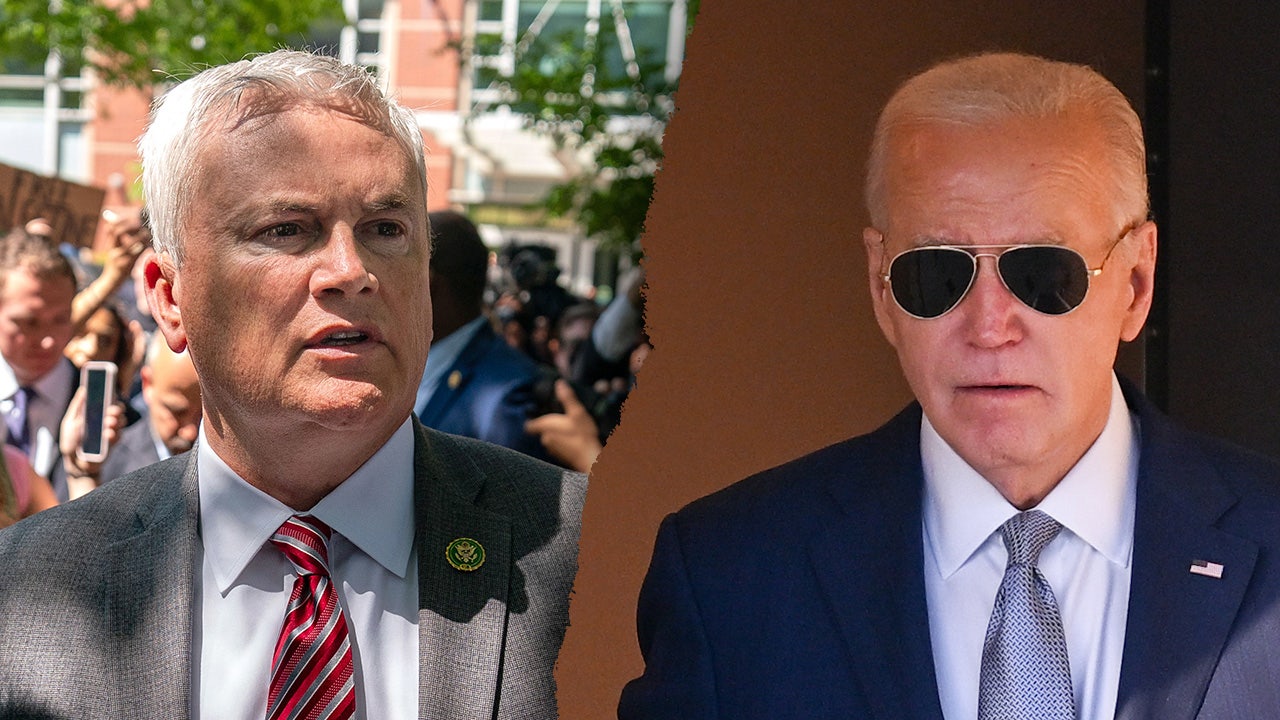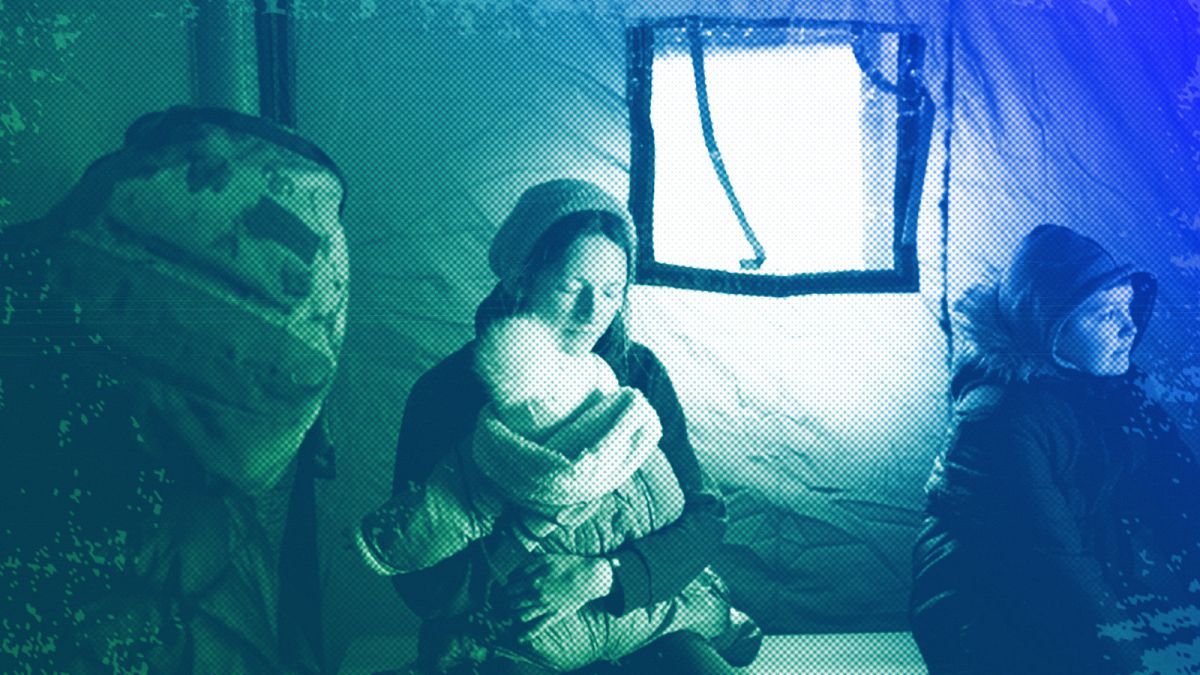Vermont
Breaking down affordable housing in Vermont
/cloudfront-us-east-1.images.arcpublishing.com/gray/PUAFHLESZBKN7PPMO2HQ4FMEA4.jpg)
BURLINGTON, Vt. (WCAX) – Affordable housing is on the minds of many developers and state leaders as Vermont’s housing crunch becomes tighter and tighter.
There are two ways experts talk about affordable housing. The first is defined as a household or person paying no more than 30 percent of their gross income on housing, including utilities. The second has to do with federal and state subsidies spent on developing or paying rent designated “affordable,” for people 60 percent or lower than the median income scale.
In the past 21 years, Seth Leonard of the Vermont Housing Finance Agency says rent has gone up 113%, and the cost of buying a home has gone up 140%. Meanwhile, he says Vermonters’ incomes have only increased by 69%.
“There’s a real mismatch there between how wages have increased in what the cost of development and what it costs to service the debt or to sell the home is,” said Leonard.
Leonard also says roughly 17,500 households pay between 30% to 50% of their income on rent, but roughly 17,000 households are paying more than 50% of their income on rent.
High demand and low supply go hand in hand when discussing housing in Vermont. Leonard says the VHFA was tasked this past legislative session to see how many homes it would take to stabilize the state’s housing. He says they came up with between 30 and 40 thousand homes, with a mix of homeownership and rental units.
“A lot of people want to think that builders or developers will just charge as much as they can for a unit. But I think it’s important to understand that to make a project work at zero income is very difficult right now,” said Leonard.
This past year Leonard says prices jumped 34% from just inflation for materials from plastics to concrete. He says the cost of development has increased by 78% since 2018.
That’s something Twin Pines Housing Trust Director and affordable developer Andrew Winter can attest to. “COVID pandemic and supply chain interruptions are affecting housing pricing. Interest rates have risen dramatically over the last year, which has made it a little harder to finance housing. It means fewer housing units will get built because that is a concern,” said Winter.
Winter says once a unit is built, how much someone pays for it is determined by income broken down by county. “How much is that, and what’s the maximum rent they can charge? We work off of that number. The data is intended to be very particular to the region and the actual housing costs that are affected, that are affecting folks there,” said Winter.
The appearance of an affordable home and who lives inside has evolved over the years, too.
Shaun Gilpin is the Housing Division Director with the state, who says in addition to Vermont’s aging population, family sizes are also shrinking.
“You don’t have the family of six so much anymore. It’s much more often to be a household size of maybe two and change, on average. That is added to the mix a little bit,” said Gilpin.
Gilpin also says some municipalities require a section of new housing to be affordable, called inclusionary zoning, but that’s not the case everywhere.
He adds land use regulations impact how housing is built in Vermont, especially now that people are demanding affordable, reasonably sized homes in attractive areas.
“Especially younger folks who are seeking the amenities of having a walkable area, not necessarily the New York City type experience, but to have a community where you might have some opportunities nearby,” Gilpin added.
This past legislative session, a new bill was passed which creates resources to support the construction of affordable housing. It also lowers land use regulations and municipal zoning laws in designated areas for affordable housing to be built. Winter says he’s hopeful this legislation will minimize barriers to producing the amount housing he says is needed.
Copyright 2023 WCAX. All rights reserved.

Vermont
Northern lights seens across the region

BURLINGTON, Vt. (WCAX) – Areas across Northern Vermont saw views of the aurora borealis lights on Friday night.
We have already gotten tons of viewer photos of the northern lights. Be sure to upload your own here on our website!
Copyright 2024 WCAX. All rights reserved.
Vermont
Vermont Lawmakers Send Revised Psychedelic-Assisted Therapy Task Force Bill To Governor

Lawmakers in Vermont have passed legislation to create a psychedelic-assisted therapy working group that would make recommendations on whether and how the state should regulate legal access to substances like psilocybin and MDMA. The measure next heads to the desk of Gov. Phil Scott (R).
The Senate approved revised language of the bill, S.114, on a voice vote Friday, signing off on changes made in the House of Representatives.
“We believe that what we have before us will continue the intent of what we passed as a Senate,” said Sen. Ginny Lyons (D), chair of the Senate Health and Welfare Committee, which considered the House changes at a hearing earlier in the day. “We ask the rest of the Senate to concur with the proposal from the House.”
In its current form, the proposal would not itself change the legal status of any substances. Rather, the eight-person task force would “review the latest research and evidence of the public health benefits and risks of clinical psychedelic assisted treatments” and “examine the laws and programs of other states that have authorized the use of psychedelics by health care providers in a therapeutic setting,” according to the latest version of the measure.
Both MDMA and psilocybin have been granted breakthrough therapy status by the Food and Drug Administration (FDA), and recent clinical trials have MDMA on pace for possible FDA approval later this year.
Senators had passed an earlier version of the legislation in March, and the latest revisions came as the measure advanced out of a House committee with a striking amendment from Rep. Anne Donahue (R).
Those changes removed an earlier provision directing the task force to provide an opportunity “for individuals with lived experience to provide testimony.”
The amendment also removed task force members representing the Psychedelic Society of Vermont and the Brattleboro Retreat, a psychiatric and addiction hospital. It replaced them with representatives from the state Department of Mental Health and the nonprofit Vermont Medical Society.
The amendment also deleted a provision that would have directed the working group to evaluate the criminalization of psychedelics in Vermont as well as a line that said the task force would “provide potential timelines for universal and equitable access to psychedelic-assisted treatments.”
During brief discussion Friday morning in the Senate Health and Welfare Committee, some members said they were disappointed with some of the House amendments but nevertheless supported the bill moving forward.
“Personally, I’m very disappointed that they took out the conversation about decriminalization,” said Sen. Martine Larocque Gulick (D), a committee member and the sponsor of the bill. “I mean, this is literally a group that’s just going to be talking and looking at data and researching.”
“I can’t believe that they won’t look at that, senator,” Lyons replied. “The research will probably get into that.”
“It’s too bad that we can’t have it explicitly in the bill,” Gulick responded, “but I am willing to acquiesce at this point. It’s the eleventh hour.”
“That’s what happens,” Lyons said.
Lyons also explained that some had criticized the provision about hearing testimony from someone with lived experience because, as she put it, “The comment was that one person with lived experience wouldn’t be informative enough.”
Lyons lightly ribbed House lawmakers ahead of the panel’s adoption of the latest changes.
“All those in favor of concurring with the proposal from the House the day it was supposed to adjourn?” she asked before closing the hearing, prompting laughter among the other panel members.
As originally introduced, the measure would have also legalized use and possession of psilocybin. Lawmakers on the Senate Health and Welfare Committee, however, deleted that section to focus instead on the therapeutic working group.
The passage of the psychedelics working group bill comes on the heels of the House’s approval earlier this month of H.72, a measure that would legalize and fund a Burlington facility where people could use currently prohibited substances in a medically supervised environment. But Gov. Scott, who vetoed an 2022 measure that would have created a task force to study overdose prevention centers, has indicated he’s not on board with the plan.
If enacted, the legislation would create an overdose prevention center (OPC) Burlington, with $1.1 million in funding plus another $300,000 to study the study the impact of the pilot project. The OPC would need to have on-site professionals with training in CPR, overdose interventions, first aid and wound care, as well as medical assessments to determine the need for further emergency care.
Vermont would join Rhode Island and Minnesota in authorizing the facilities. New York is considering a similar pilot program that would roll out statewide.
Lawmakers in a growing number of states have considered psychedelics legislation this session, with many focusing on psilocybin reform and increased research.
This week in Alaska, for example, a Senate panel advanced a House-passed measure that would create a state task force to study how to license and regulate psychedelic-assisted therapy in the event of federal approval of substances such as MDMA and psilocybin.
In Maryland, the Senate and House of Delegates have both passed legislation to create a psychedelics task force responsible for studying possible regulatory frameworks for therapeutic access to substances such as psilocybin, mescaline and DMT, sending the proposal to Gov Wes Moore (D). It would be charged specifically with ensuring “broad, equitable and affordable access to psychedelic substances” in the state.
Indiana’s governor recently signed a bill that includes provisions to fund clinical research trials into psilocybin.
Utah’s governor, meanwhile, allowed a bill to authorize a pilot program for hospitals to administer psilocybin and MDMA as an alternative treatment option to become law without his signature.
Maine lawmakers sent the governor legislation to establish a commission tasked with studying and making recommendations on regulating access to psychedelic services.
An Arizona House panel also approved a Senate-passed bill to legalize psilocybin service centers where people could receive the psychedelic in a medically supervised setting.
A Connecticut joint legislative panel approved a bill to decriminalize possession of psilocybin.
A bipartisan bill to legalize psychedelic service centers in California has cleared two Senate committees.
The governor of New Mexico has endorsed a newly enacted resolution requesting that state officials research the therapeutic potential of psilocybin and explore the creation of a regulatory framework to provide access to the psychedelic.
An Illinois committee also recently held a hearing to discuss a bill to legalize psilocybin and allow regulated access at service centers in the state where adults could use the psychedelic in a supervised setting—with plans to expand the program to include mescaline, ibogaine and DMT.
Lawmakers in Hawaii also considered a bill that would provide some legal protections to patients engaging in psilocybin-assisted therapy with a medical professional’s approval.
New York lawmakers said that a bill to legalize psilocybin-assisted therapy in that state has a “real chance” of passing this year.
A Nevada joint legislative committee held a hearing with expert and public testimony on the therapeutic potential of substances like psilocybin in January. Law enforcement representatives also shared their concerns around legalization—but there was notable acknowledgement that some reforms should be enacted, including possible rescheduling.
The governor of Massachusetts also recently promoted the testimony of activists who spoke in favor of her veterans-focused bill that would, in part, create a psychedelics work group to study the therapeutic potential of substances such as psilocybin. Separately, an initiative that would legalize psychedelics may appear on the November ballot if lawmakers decline to independently enact it first.
Currently, there are no psychedelic drugs that are federally approved to prescribe as medicine. But that could soon change, as FDA recently agreed to review a new drug application for MDMA-assisted therapy on an expedited basis.
At the start of this year, the U.S. Department of Veterans Affairs (VA) separately issued a request for applications to conduct in-depth research on the use of psychedelics to treat PTSD and depression.
In October, the agency also launched a new podcast about the future of veteran health care, and the first episode of the series focuses on the healing potential of psychedelics.
FDA also recently joined scientists at a public meeting on next steps for conducting research to develop psychedelic medicines. That came months after the agency issued historic draft guidance on psychedelics studies, providing scientists with a framework to carry out research that could lead to the development of novel medicines.
Meanwhile in Congress last week, a House panel approved GOP-led bill that would instruct VA to notify Congress if any psychedelics are added to its formulary of covered prescription drugs.
New York Senators Approve Safe Drug Consumption Site Pilot Program Bill
Photo courtesy of Wikimedia/Workman.
Vermont
Vermont, Providence Advance to WCLA Division II Final

WICHITA, Kan. — If familiarity breeds contempt, Friday’s WCLA Division II championship game (11 am CST) between league rivals Vermont Club and Providence should be a doozy.
Both teams claimed national semifinal victories Thursday in Wichita, with No. 4 seed Vermont steamrolling over No. 1 seed CSU San Marcos, 12-2, and No. 3 Providence rallying to beat No. 2 Boise State, 10-9, in overtime.
That sets up the fourth meeting of the year between the two Northeast Women’s Lacrosse League (NWLL) members. Vermont won the first two meetings, but Providence captured the most important one, beating the Catamounts 9-8 in the NWLL championship game three weeks ago.
“We know them and they know us,” said Vermont’s midfielder Olivia Robitaille, who was Thursday’s hero for the Friars by scoring the overtime game-winner on a free position shot 1:12 into the extra session.
Robitaille finished with a team-high three goals, including an earlier free-position with 10:04 left in regulation that punctuated a second half rally and gave Providence its first lead of the game at 11-10.
Boise, the last undefeated team in the country, tied the game with 1:00 left on Ana Huether’s fourth goal of the game, setting the stage for the overtime heroics.
“I wasn’t really nervous even though I had the game riding on my shoulders,” Robitaille said. “I usually try to shoot low, but I went high this time and I didn’t really see it go in. I just know that it did because I got mobbed by my team.”
Providence (10-3) earned its first trip to the national championship game, but knows what will be waiting.
“Our games against Vermont are always competitive and very physical because we know what they do and they know what we do,” Robitaille said. “There will probably be a lot of cards.”
Unlike the drama of Providence’s victory, Vermont’s semifinal win over CSU San Marcos had no suspense. The Catamounts used a stifling defense that completely handcuffed the Cougars, who scored twice in the first quarter and were then shutout for the final 45 minutes of the game.
“Our defense worked really well together today,” said sophomore defender Dylan Kropp. “We had lots of good rotation and hedged on the ball a lot. It was probably our best group effort of the year.”
While the Vermont defense was locking down CSUSM’s offense, the Catamounts methodically pulled away. Maren Nitsche’s second goal late in the second quarter helped build the lead to 5-2 at halftime.
The second half featured two goals by junior Hallie Kreppein and three from Annika More as Vermont punched its ticket to the final game. Vermont (9-3) returns to the championship game for the second time in three years. UVM lost 13-11 in the 2022 final played in Texas.
“We’re absolutely stoked to be going back to the championship game,” Kropp said. “We’re a confident group right now.”
USA Lacrosse is providing free video streaming of all D-I and D-II games throughout the tournament. Links for video streaming can be accessed at www.usalacrosse.com/wcla.
Gatorade, Enovis, Lacrosse Specialties, and Powell Lacrosse serve as official event sponsors for the 2024 USA Lacrosse WCLA Championships, with local support provided by Wichita Wind Surge, Chick-Fil-A Wichita East, Visit Wichita, Chicken N Pickle of Wichita, Angelo’s Italian Catering, Tanganyika Wildlife Park, and Butler Creative TV.
-

 Politics1 week ago
Politics1 week agoThe White House has a new curator. Donna Hayashi Smith is the first Asian American to hold the post
-

 News1 week ago
News1 week agoPolice enter UCLA anti-war encampment; Arizona repeals Civil War-era abortion ban
-

 Politics1 week ago
Politics1 week agoAdams, NYPD cite 'global' effort to 'radicalize young people' after 300 arrested at Columbia, CUNY
-

 World1 week ago
World1 week agoTurkish police arrest hundreds at Istanbul May Day protests
-

 News1 week ago
News1 week agoVideo: Police Arrest Columbia Protesters Occupying Hamilton Hall
-
)
) Movie Reviews1 week ago
Movie Reviews1 week agoThe Idea of You Movie Review: Anne Hathaway’s honest performance makes the film stand out in a not so formulaic rom-com
-

 News1 week ago
News1 week agoSome Republicans expected to join Arizona Democrats to pass repeal of 1864 abortion ban
-

 Politics1 week ago
Politics1 week agoNewsom, state officials silent on anti-Israel protests at UCLA


















